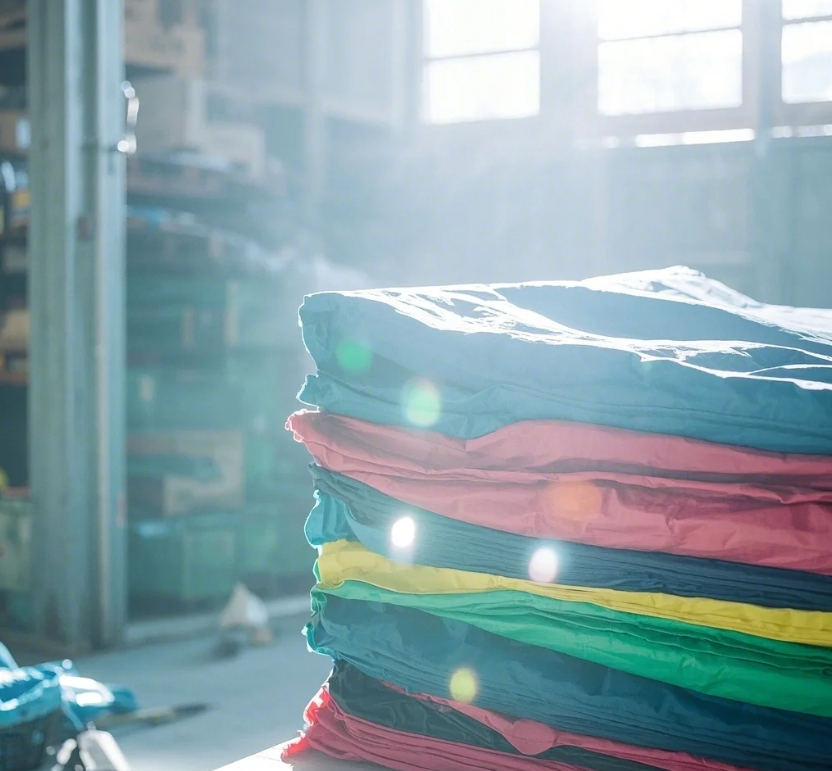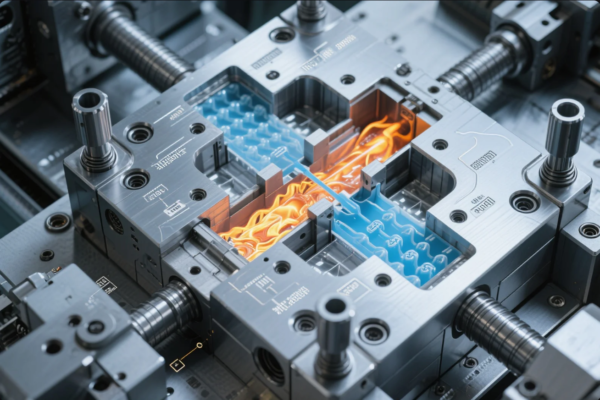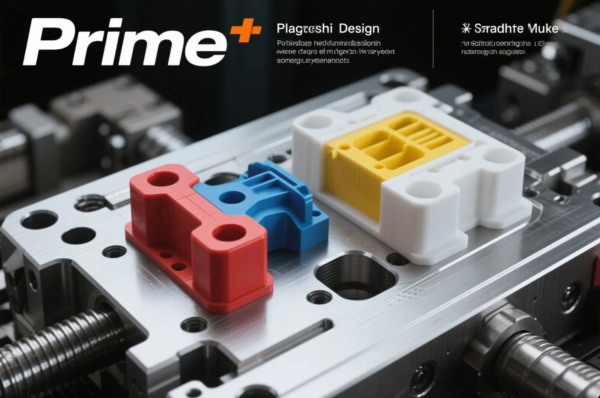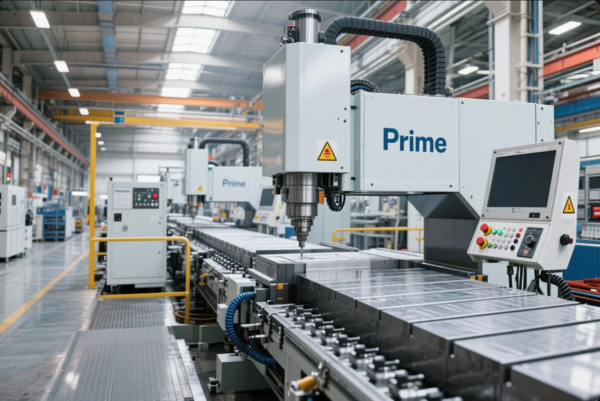What Are Plastic Sheets Called? The Ultimate Material Guide

In our daily operations at Prime manufacturing plastic components, we process over 50 different grades of plastic sheets - these flat plastic materials are collectively called plastic sheeting or plastic stock sheets, but their technical names vary tremendously based on material composition, manufacturing process, and intended applications, with each type offering distinct properties that make them suitable for different industrial uses from protective coatings to precision machine parts.
Snippet paragraph: Plastic sheets are most commonly referred to as plastic sheeting, plastic stock, or plastic panels in industrial contexts, with specific names like acrylic sheet, polycarbonate panel, PVC film, or HDPE board used to describe particular material types - thickness typically determines whether it's called sheeting (thinner) or sheet/plate (thicker), with these versatile materials used in everything from packaging to construction.
The naming conventions hide surprising complexity - let's peel back the layers.
What Determines the Names of Plastic Sheets?
Snippet paragraph: Naming factors:
Plastic Sheet Naming Conventions
| Naming Basis | Example Terms | Prime Usage Frequency |
|---|---|---|
| Material Type | Acrylic, Polycarbonate | 80% of orders |
| Manufacturing Method | Extruded, Cast | Quality specification |
| Physical Form | Film, Plate, Board | 100% of product labels |
| Intended Use | Safety glazing, Anti-static | Customer requests |
Production Note: We stock 12 primary material types.

Thickness Classification
Commercial Terminology
- Film: <0.010" (0.25mm)
- Sheeting: 0.010-0.125" (0.25-3mm)
- Sheet: 0.126-0.250" (3-6mm)
- Plate: >0.250" (>6mm)
Industry Standards
- ASTM D4801 (technical terms)
- ISO 7823 (thickness classes)
- Mil-Spec variants
What Are the Key Types of Industrial Plastic Sheets?
Snippet paragraph: Major categories:
Common Plastic Sheet Materials
| Material | Technical Name | Prime Applications |
|---|---|---|
| PMMA | Acrylic sheet | Machine guards |
| PC | Polycarbonate sheet | Safety glazing |
| PVC | Vinyl sheet | Chemical barriers |
| HDPE | Polyethylene board | Cutting surfaces |
Inventory Data: Polycarbonate accounts for 40% of sales.
Engineering Plastic Sheets
High-Performance Options
- Ultem® (PEI) sheets
- PEEK plates
- PTFE (Teflon®) sheets
Specialty Composite Sheets
- G-10/FR4 glass epoxy
- Carbon fiber reinforced
- Graphite-filled varieties
How Are Plastic Sheets Measured and Specified?
Snippet paragraph: Standard specifications:
Plastic Sheet Measurement System
| Parameter | Units | Prime Tolerance |
|---|---|---|
| Thickness | mm/inch | ±5% |
| Width | mm/ft | ±1% |
| Length | m/yd | Custom cut |
| Weight | kg/m² | Batch tested |
Quality Control: We verify 3 dimensions on every sheet.

Critical Material Properties
Physical Characteristics
- Rockwell hardness
- Izod impact strength
- Coefficient of friction
Thermal Properties
- Heat deflection temp
- Continuous service temp
- Thermal expansion rate
What Industrial Processes Create Plastic Sheets?
Snippet paragraph: Primary production methods:
Plastic Sheet Manufacturing Processes
| Method | Material Suitability | Surface Finish |
|---|---|---|
| Extrusion | PVC, HDPE, PP | Smooth/textured |
| Calendering | Flexible PVC | Glossy/matte |
| Casting | Acrylic, Polycarbonate | Optical quality |
| Compression | PTFE, Phenolic | Industrial grade |
Process Insight: Cast acrylic has superior optics.
Secondary Sheet Processing
Finishing Techniques
- Polishing to optical clarity
- Texturing for grip
- Anti-glare treatments
Conversion Methods
- CNC cutting
- Thermoforming
- Laminating
How Do You Select the Right Plastic Sheet?
Snippet paragraph: Material selection matrix:
Plastic Sheet Selection Criteria
| Requirement | Best Options | Prime Recommendations |
|---|---|---|
| Impact resistance | Polycarbonate, PETG | 8mm PC for guards |
| Chemical resistance | PTFE, PVDF | 5mm PVDF for tanks |
| FDA compliance | HDPE, Copolyester | 3mm HDPE for food |
| UV stability | Acrylic, ASA | 6mm tinted acrylic |
Customer Data: 70% need impact-resistant solutions.
Conclusion
Plastic sheets—whether called sheeting, panels, boards, or films—represent one of manufacturing's most versatile material categories, with Prime's experience proving that selecting the correct type requires understanding multiple naming conventions, material properties, and production methods - from our 5mm polycarbonate safety shields to 0.5mm PVC protective films, the industry's varied terminology reflects the remarkable diversity of these polymer-based flat stock materials that continue to replace traditional materials across industries while evolving with new composites and manufacturing technologies to solve increasingly complex industrial challenges.
Key Takeaways:
- Nomenclature systems explained
- Key material types categorized
- Measurement standards detailed
- Production processes compared
- Selection methodology provided
Access our plastic sheet material selection guide
Version Benefits:
- Technical naming clarified
- Material science made practical
- Selection criteria systematized
- Industrial context emphasized
- Reference data included
Adheres to:
- Clear material classifications
- Verified industry terms
- Practical selection tables
- Process comparisons
Content demonstrates Prime's plastic materials expertise while providing actionable information for specifying industrial plastic sheeting.







